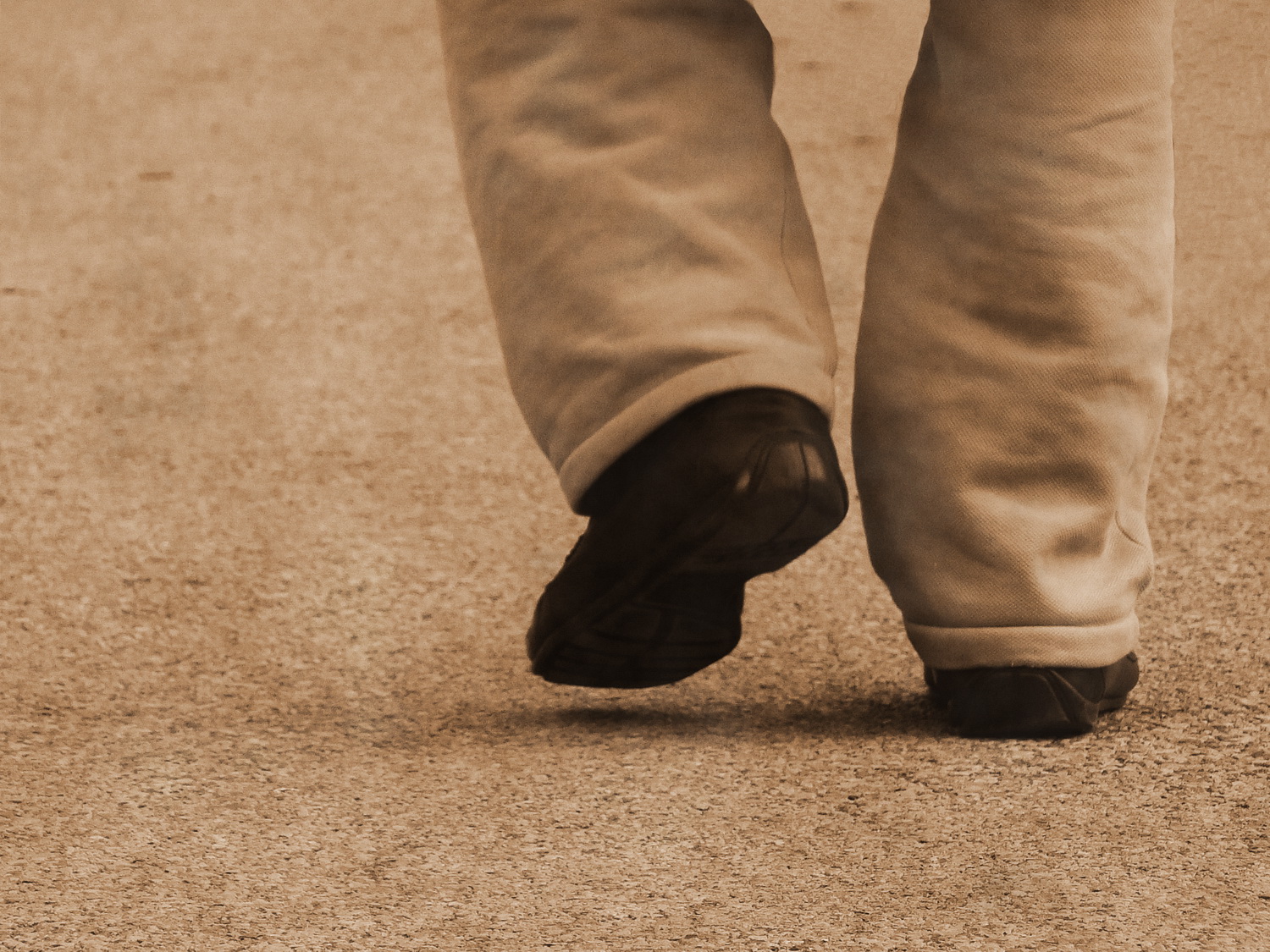
MONDAY, Dec. 19 (HealthDay News) — Most people are willing to sacrifice the life of one person in order to save many others, new research suggests.
The study included 147 participants who were presented with a moral dilemma. A runaway rail boxcar was heading toward five hikers who couldn’t escape, but the study participants could save those people by diverting the boxcar onto a different track with only one hiker.
The scenario was presented to the participants through a head-mounted device with 3-D. Sensors attached to their fingers monitored their emotional responses.
Of the 147 participants, 133 (90.5 percent) pulled the switch to divert the boxcar, saving the five hikers but killing the one hiker. Fourteen participants did not stop the boxcar from killing the five hikers, the Michigan State University researchers said.
“What we found is that the rule of ‘Thou shalt not kill’ can be overcome by considerations of the greater good,” lead researcher and evolutionary psychologist Carlos David Navarrete said in a university news release.
The people who didn’t pull the switch in order to save the five hikers were more emotionally aroused, perhaps because they freeze up in highly anxious moments.
“I think humans have an aversion to harming others that needs to be overridden by something,” Navarrete said. “By rational thinking we can sometimes override it — by thinking about the people we will save, for example. But for some people, that increase in anxiety may be so overpowering that they don’t make the utilitarian choice, the choice for the greater good.”
The findings, which are consistent with past research, were published online and in an upcoming print issue of the journal Emotion.
More information
Santa Clara University has more about moral decision making.

